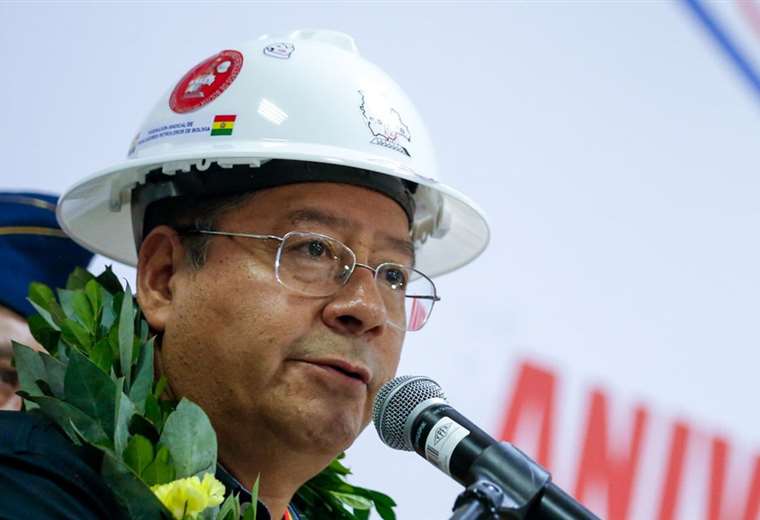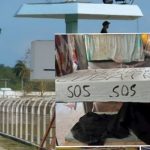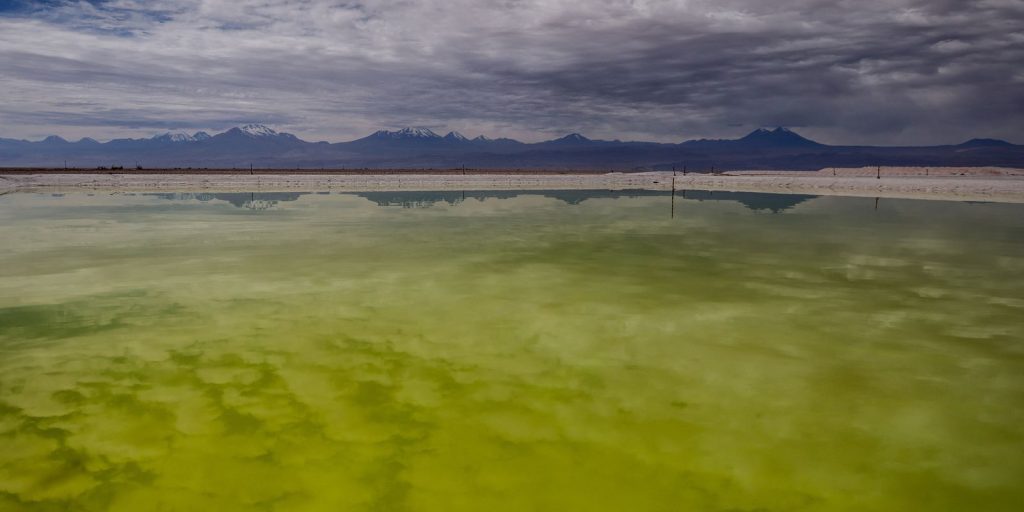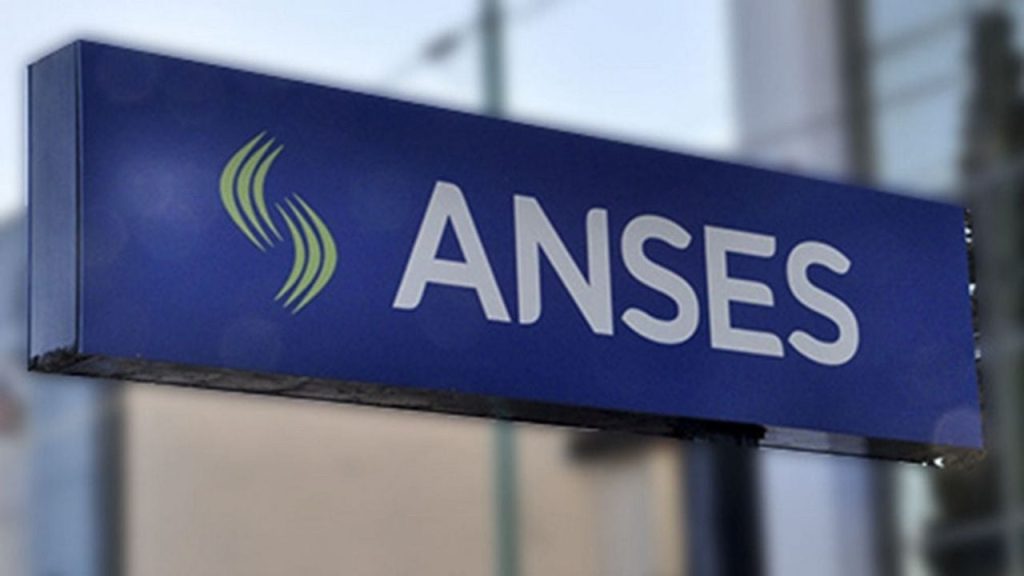August 22, 2024, 12:37 PM
August 22, 2024, 12:37 PM
“You will remember what happened in December 2010, (when) Former President Evo Morales He was not in the country and let the vice president (then Álvaro García Linera) launch the measure, who was acting president; that is, he He did not face the people to make a decision through a supreme decree and lift the subsidy of hydrocarbons,” he said.
He stressed that Morales made a decision without consulting the Bolivian population despite the fact that “fuel subsidies contribute to the daily economy of families” and considered that this was the reason for “general unrest (through) protests” that ultimately forced the government at the time to back down on its decision to increase fuel prices.
“You will remember what happened in La Paz, El Alto and other departments with social protests that were on the rise, There were injuries, there were arrests and that is precisely what President Lucho is trying to avoid. (…) already learning, of course, from the mistakes of the pastbecause the mistakes of the past must serve us all so that history does not repeat itself,” he said.
“In this sense, the path that is being chosen is precisely the lesson that history has taught us, that these decisions (must be taken) jointly with the people in an informed manner. The Bolivian people must be informed of the cost of the subsidy, what is happening with the subsidy, what is happening with the dollars and the entire structural problem that is being generated,” he continued.
On Wednesday, President Arce sent four questions to the Supreme Electoral Tribunal (TSE) for its announced referendum and among them are included two consultations related to fuels.
Later, in a public event, the president, who was Morales’ Minister of Economy, confirmed that the Fuel subsidies affect resources of the General Treasury of the Nation and that is why he challenged the population to make a decision.
But, “as we are, we will not be able to continue forward, It will be very expensive, perhaps more expensive than facing the gradual, gradual, systematic, strategic and sectoral lifting, whatever you want to call it, of the subsidy, so that Little by little we will free ourselves from this burden that affects the entire country,” Arce pointed out.
The questions of the referendum grant:
Do you agree to maintain the special gasoline subsidyas it currently stands, despite the high economic cost it entails for Bolivians, and that having a price much lower than the international one generates smuggling, economic damage to the State, a shortage of dollars and a fuel shortage?
Do you agree to maintain the diesel subsidyas it currently stands, despite the high economic cost it entails for Bolivians, and that having a price much lower than the international one generates smuggling, economic damage to the State, a shortage of dollars and a fuel shortage?


















